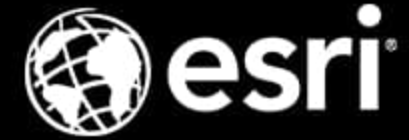In coordination with the U.S. Department of the Interior, the U.S. Global Change Research Program (USGCRP) is seeking author nominations and scientific/technical inputs for the First National Nature Assessment (NNA1). Refer to the Federal Register Notice (FRN) for the full text.
The USGCRP Public Contribution System will accept author nominations through January 4, 2024. Scientific/technical inputs—including observed, modeled, and/or projected changes in nature and/or benefits from nature—can be submitted on an ongoing basis. All inputs must be made via the USGCRP Public Contribution System if they are to be considered.
Responses provided through a request for comment on the NNA1 Draft Prospectus (presented in a previous FRN and accessible on the USGCRP Notices page) were used to identify the potential chapter topics included in this solicitation. Please see the previous FRN for additional information on the scope and overarching themes for the report.
USGCRP is conducting NNA1 to assess changes in nature as an aspect of global change. The scope of NNA1 is to assess the status, observed trends, and future projections of America’s lands, waters, wildlife, biodiversity, and ecosystems and the benefits they provide, including connections to the economy, public health, equity, climate mitigation and adaptation, and national security.
In developing NNA1, USGCRP will follow the principles of a use-inspired, knowledge-informed assessment, in which the design is driven both by the potential uses of the final products and by science and other forms of knowledge. USGCRP recognizes the importance of lived experiences and acknowledges Indigenous Knowledge as an important form of evidence. Across all phases of NNA1, USGCRP aims to be inclusive, represent diverse perspectives, and create products that are accessible to the widest possible audience.
All author nominations must be submitted via the USGCRP Public Contribution System by 11:59 pm ET on January 4, 2024. Scientific/technical inputs can be submitted to the USGCRP Public Contribution System on an ongoing basis.
If you have any questions or process concerns, please contact us at engagement@usgcrp.gov.



